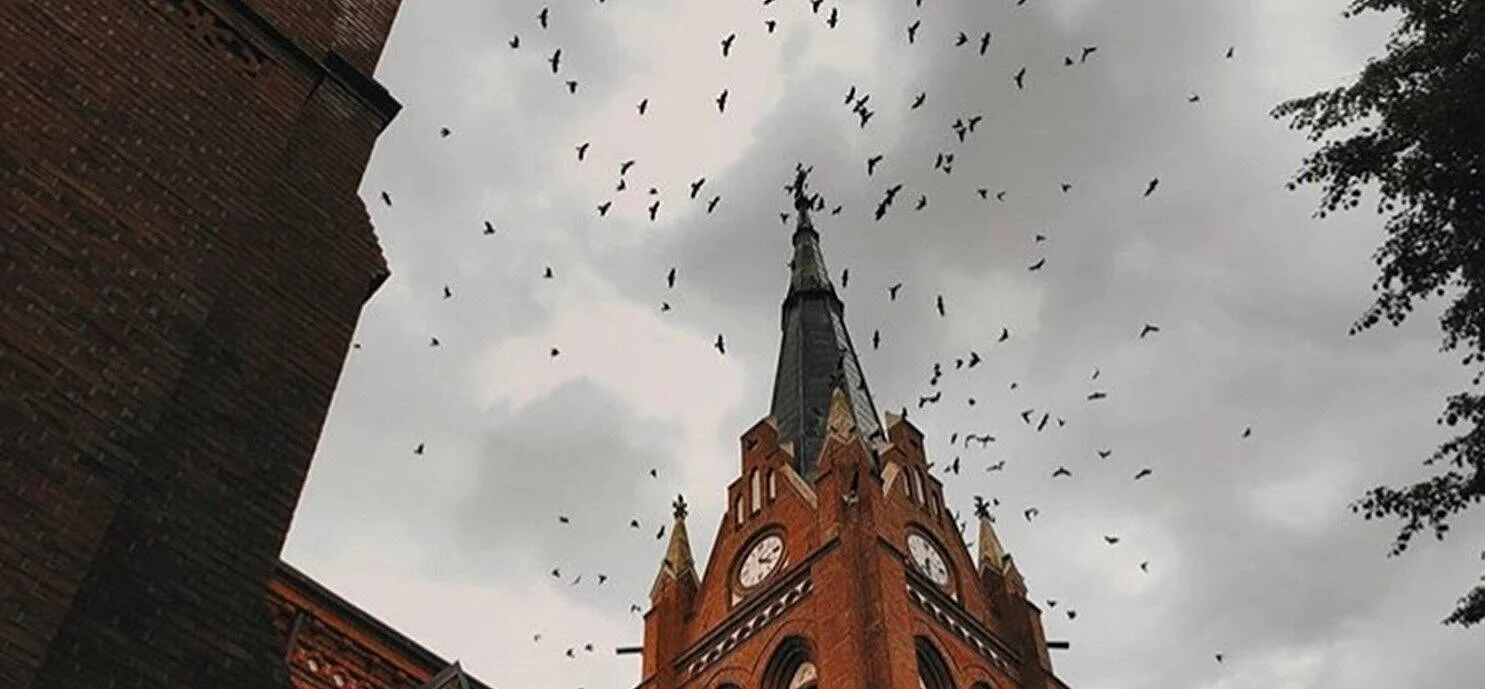“I sought the LORD, and he answered me,
delivered me from all my fears.
Look to him and be radiant,
and your faces may not blush for shame.
This poor one cried out and the LORD heard,
and from all his distress he saved him.
The angel of the LORD encamps
around those who fear him, and he saves them.
Taste and see that the LORD is good;
blessed are those who take refuge in him.”
(Psalm 34: 5-9)
I was in middle school when one morning my father didn’t go to work as he usually did and my mother got up very early to get ready to go somewhere. I remember waking up to her telling me to get up and ready for school. I couldn’t miss the bus that day because they had an appointment. Neither one of my parents told me what was going on, but I knew in the pit of my stomach that something was not right. I worried all day during school and even broke down in tears in the guidance counselor’s office. As it turned out, my father was waiting for me when I got home from school and said, “your mother is in the hospital. She had surgery for bladder cancer and the doctor said he got all the cancer out. Let’s make dinner and then I will take you to see her tonight.” I struggled as my young mind couldn’t comprehend what was happening. All I knew was that I was afraid.
My family was heavily dominated by brothers and my only sister got married and moved away from home when I was six years old. Thoughts of having to survive in an all-male household without my mother was more than I could handle. My mother was the only one who could follow along with my long stories, vivid dreams and crazy aspirations for life. She was fine after that bout with cancer, but it never left our minds even though the doctor said the cancer left her body.
Later in life it was no longer my mother doing the caregiving but me taking care of her. In the last summer of her life she was in a nursing facility and I visited her every day for lunch. It never phased me to make the hour drive through traffic to spend a little bit of time with her. One day, as I was going to my car after our visit, the cloud formations in the sky caught my attention and, in an instant, I was aware of a Divine Presence walking with me. God was watching over both of us as we journeyed closer to that day when she would take her last breath and our relationship would be change forever. In the evening of August 25th, I sat by her bedside and prayed for the Holy Spirit to come and take her. My fears and anxieties were gone as I knew God was present and would care for each of us.
I think back to that time and often remember the challenges St Elizabeth Ann Seton endured in her life. She faced illness, trauma, loss, and separation from her loved ones just like we have been experiencing in this pandemic. May we not lose heart and trust in the loving presence of God as we journey through each day often without our loved ones by our side and think of the words of Saint Elizabeth Ann Seton,
““God is like a looking glass in which souls see each other. The more we are untied to Him by love, the nearer we are to those who belong to Him.” ”
Let us pray: Loving, healing Father, we know that our fears and anxieties are part of being human. We do not fully understand where our loved ones are since having passed from this life to eternity, but we trust you to care for us and for the souls of our loved ones. Give us courage to move forward and help us to share laughter and tears and know we are not alone as we grieve. Jesus, we trust in you. Amen
- Sandy Monier
(Sandy is a Roman Catholic Pastoral Minister and offers Grief Support to groups and individuals.)
The seedling of my parent’s Rose of Sharon tree, in bloom, on a foggy fall morning.



